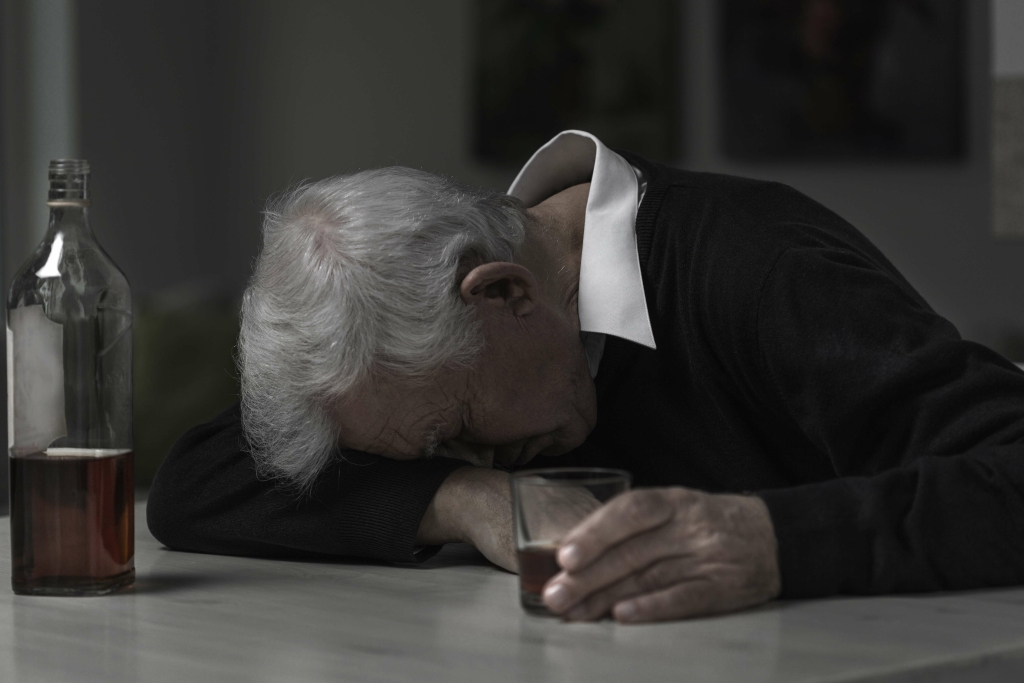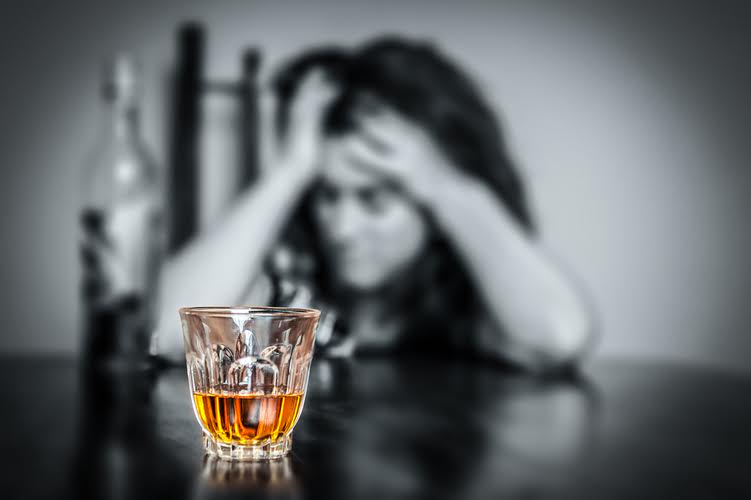However, it’s important to recognize that no one gets through life without emotional pain. Experts in the recovery process believe that relapse is a process and that identifying its stages can help people take https://ecosoberhouse.com/article/how-to-get-someone-into-rehab-guide-for-families/ preventative action. If the temptation to use again becomes too overwhelming, don’t hesitate to seek professional help. Certified addiction specialists can guide your recovery and relapse prevention journey.

Use custom worksheets for the purpose of education and treatment. Therapists and counselors will document, share, and regularly update these strategies throughout your treatment. Mindfulness-Based Relapse Prevention (MBRP) integrates techniques from Mindfulness-Based Stress Reduction (MBSR) and Mindfulness-Based Cognitive Therapy (MBCT). For example, celebrating these milestones may provide a tempting excuse to give into old habits. The pressure to maintain success can also contribute to this risk.
Health
Anthony checked into the Ranch at Dove Tree, where he stayed for 30 days. Upon successful completion, Anthony returned to The Door Sober Living on May 19, 2013. This time, Anthony signed a one-year agreement and expressed great willingness to maintain sobriety.
- You can achieve this by recognizing your triggers and developing healthy coping skills.
- How individuals deal with setbacks plays a major role in recovery—and influences the very prospects for full recovery.
- But their lifespan can be measured in minutes—10 or 15—and that enables people to summon ways to resist them or ride them out.
A relapse or even a lapse might be interpreted as proof that a person doesn’t have what it takes to leave addiction behind. Creating a rewarding life that is built around personally relapse prevention skills meaningful goals and activities, and not around substance use, is essential. Recovery is an opportunity for creating a life that is more fulfilling than what came before.
Relapse Prevention (RP) (MBRP)
By providing the company of others and flesh-and-blood examples of those who have recovered despite relapsing, support groups also help diminish negative self-feelings, which tend to fester in isolation. Some people arrange a tight network of friends to call on in an emergency, such as when they are experiencing cravings. Since cravings do not last forever, engaging in conversation about the feelings as they occur with someone who understands their nature can help a person ride out the craving. Relapse prevention is an umbrella term that refers to strategies that help reduce the likelihood of relapsing. Most relapse prevention strategies focus on building cognitive-behavioral skills and coping responses.
Identifying and treating incarcerated women SAR – Dove Medical Press
Identifying and treating incarcerated women SAR.
Posted: Mon, 13 Nov 2023 04:23:44 GMT [source]
The treatment called Relapse Prevention (RP), however, refers to a specific intervention. It is important for clinicians to be aware of the complexities of substance use disorders (SUDs) and recovery, so that they can provide optimal support for the patients progress and maintenance of recovery. Attending or resuming attending meetings of some form of mutual support group can be extremely valuable immediately after a lapse or relapse.
Physically Abusive
She pursued work in addiction because of her academic, professional, and community involvement, as well as her personal experiences. Melissa’s work has allowed her to dive deeper into the field of addiction and recovery and to expose her genuine love for the betterment of other’s lives. Currently, she is a doctoral student at Northcentral University and pursues her degree as a Doctor of Philosophy in Marriage and Family Therapy. Melissa received her bachelor’s degree in Community, Family, and Addiction Sciences at Texas Tech University and her master’s degree in Couple, Marriage, and Family Therapy at Texas Tech Tech. She was a member of The Center for Collegiate Recovery Communities at Texas Tech University. He is also a man in long-term recovery and has a son in recovery as well.

You know that you have kicked the deadly habit once and you can do it again. You know the feeling of being clear-headed and you have the skills to achieve your goals. You now have the opportunity to better your odds of staying sober with coping skills to prevent another relapse. Take what you know now and move forward with this as a lesson, a lesson of what to avoid next time. RP clinical protocols typically include 12 weekly sessions, and are empirically supported when delivered over that time frame.
“There should always be a plan and skills in place,” Gottlich said. Once you’ve made your relapse prevention plan, share it with friends, family, and the people you live with, so they can provide support, but also remove triggers from the home. Share it with the people you spend a lot of the time with, including those who have used substances with you in the past, so they can be aware. Many factors play a role in a person’s decision to misuse legal or illegal psychoactive substances, and different schools of thinking assign different weight to the role each factor plays. Stephanie moved from her hometown of San Antonio to Lubbock, TX in 2011 to begin a long journey toward self-growth and healing.
